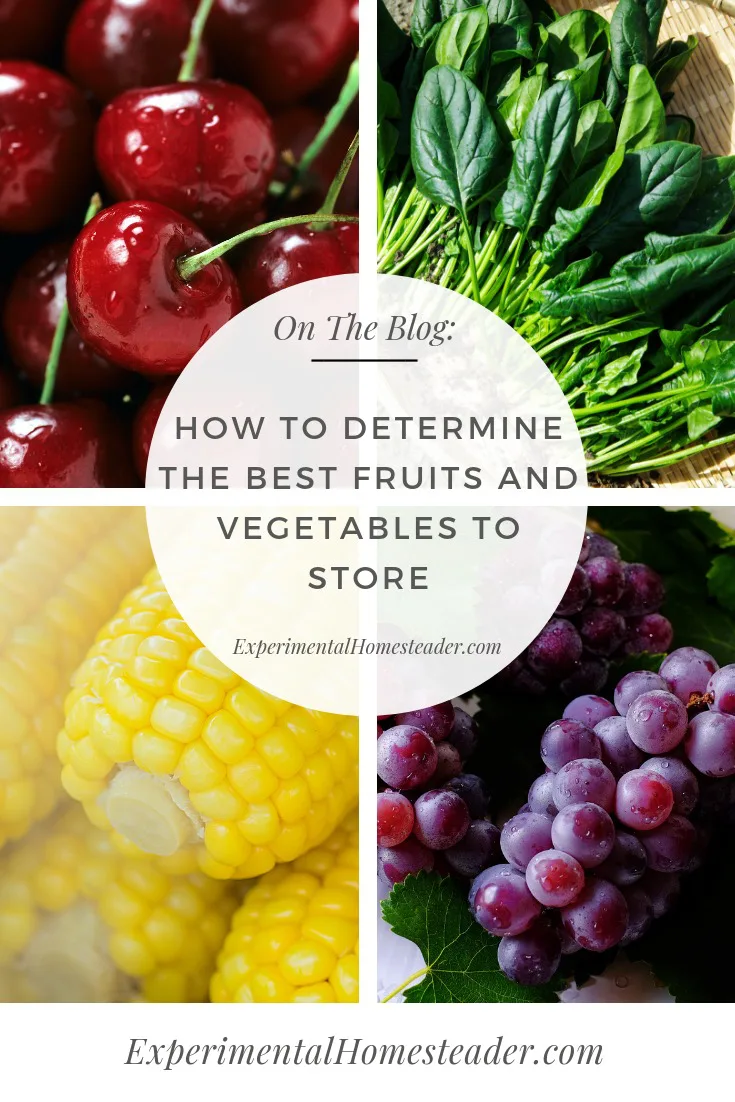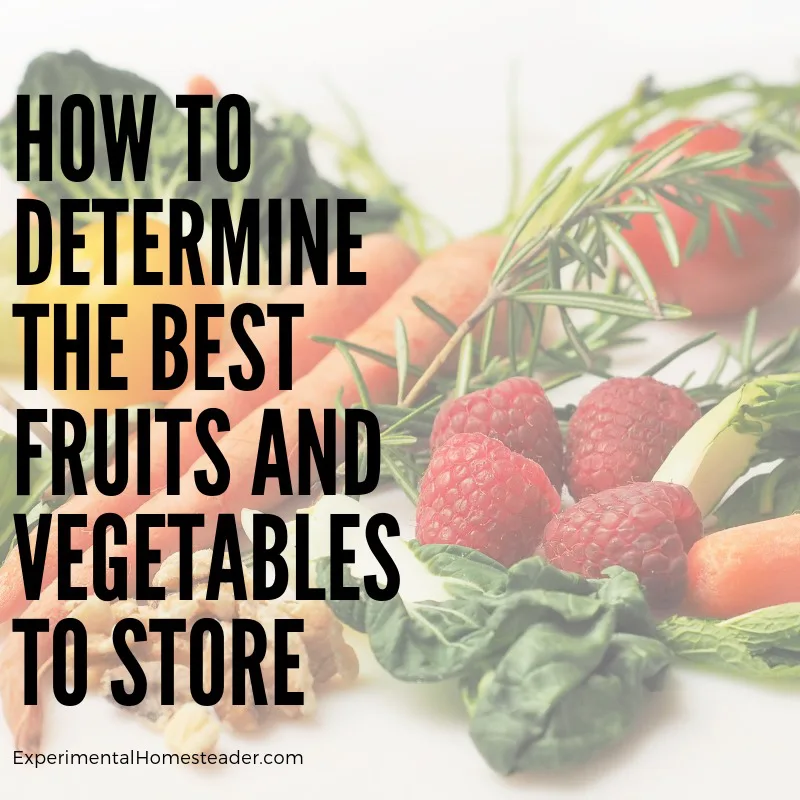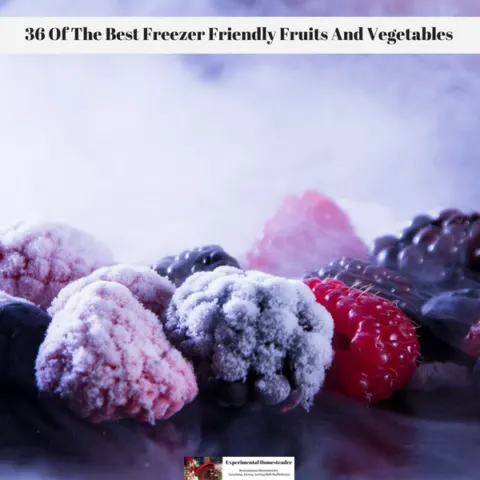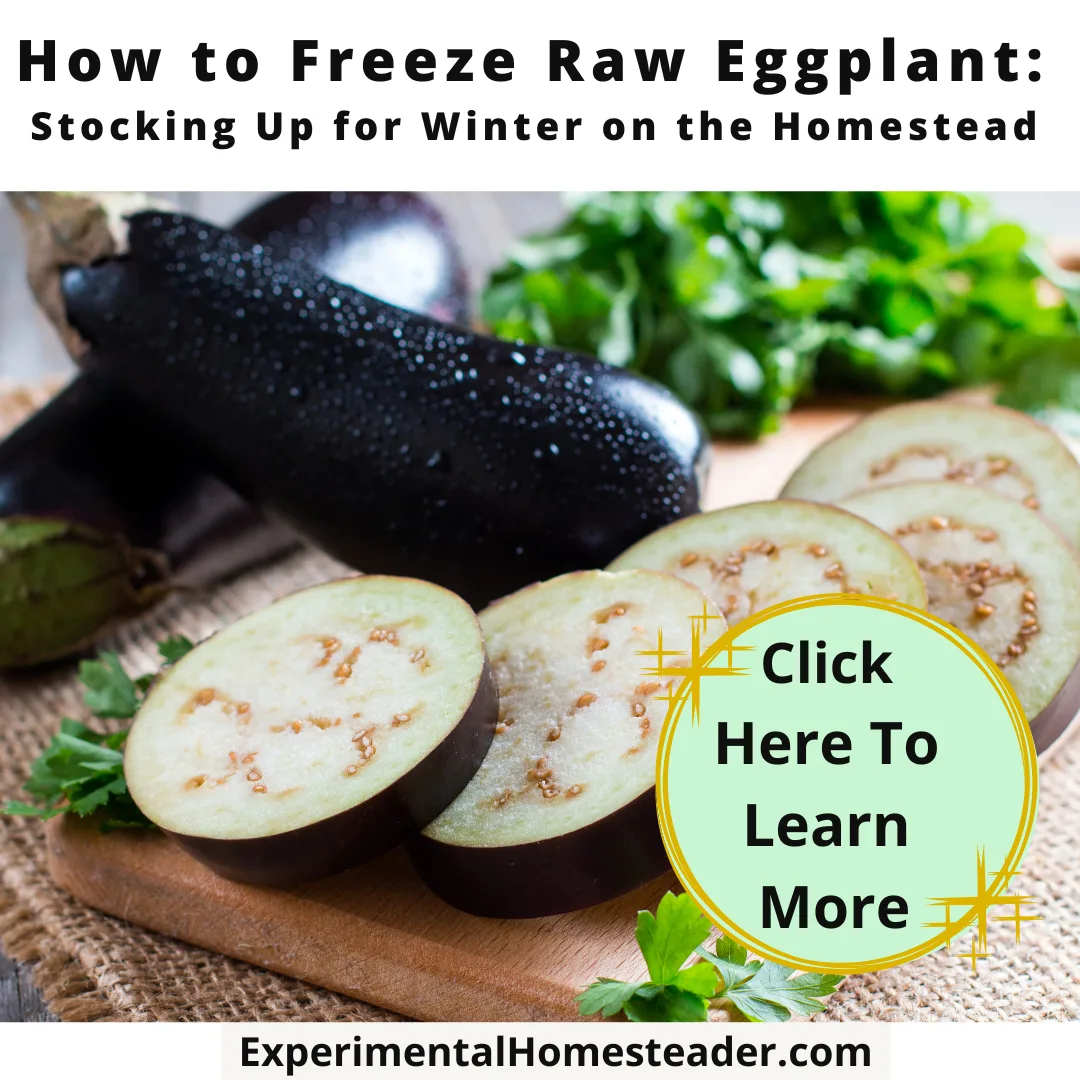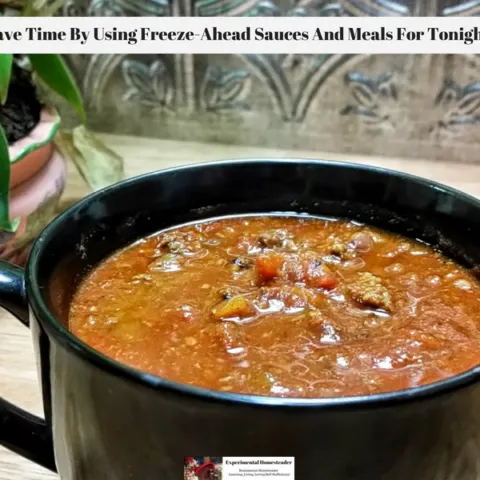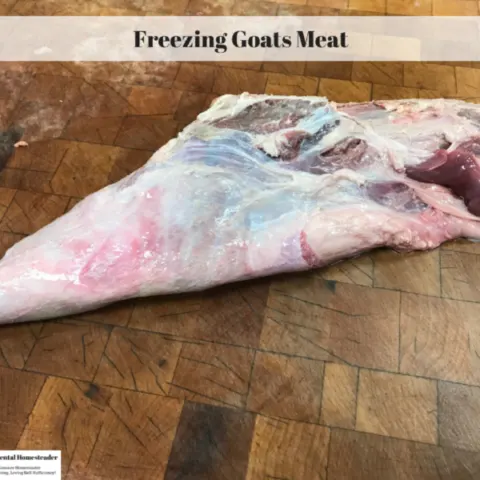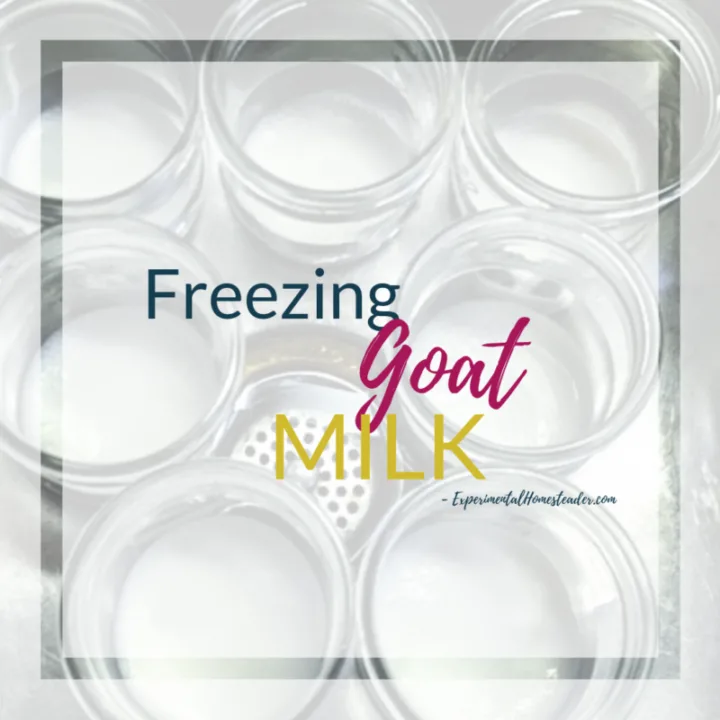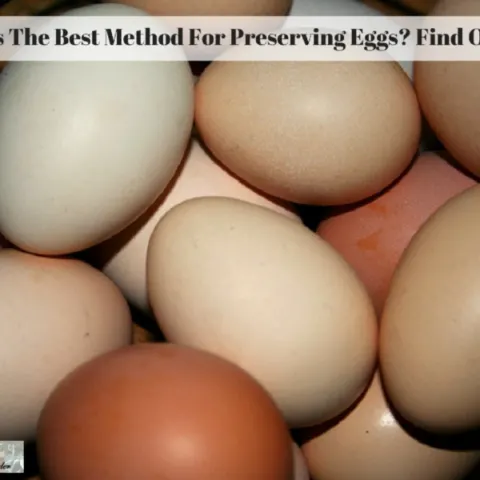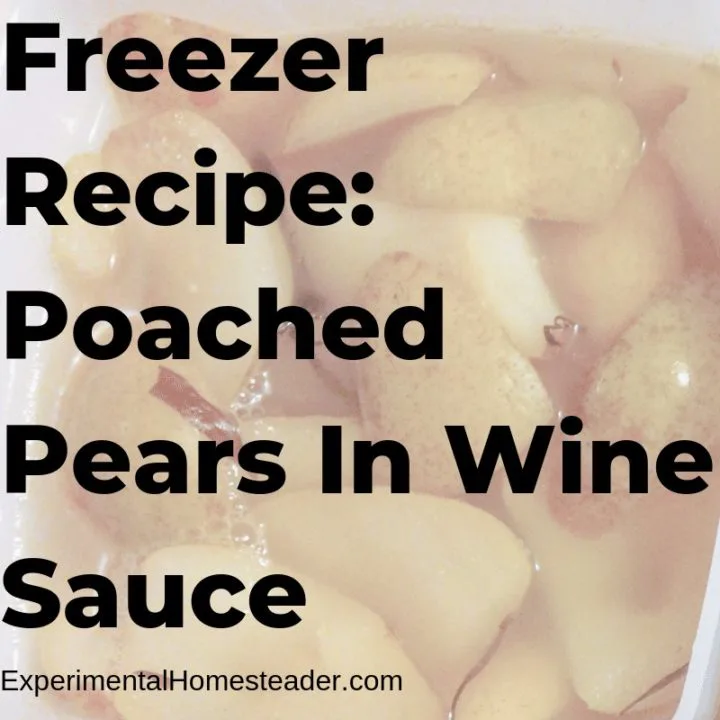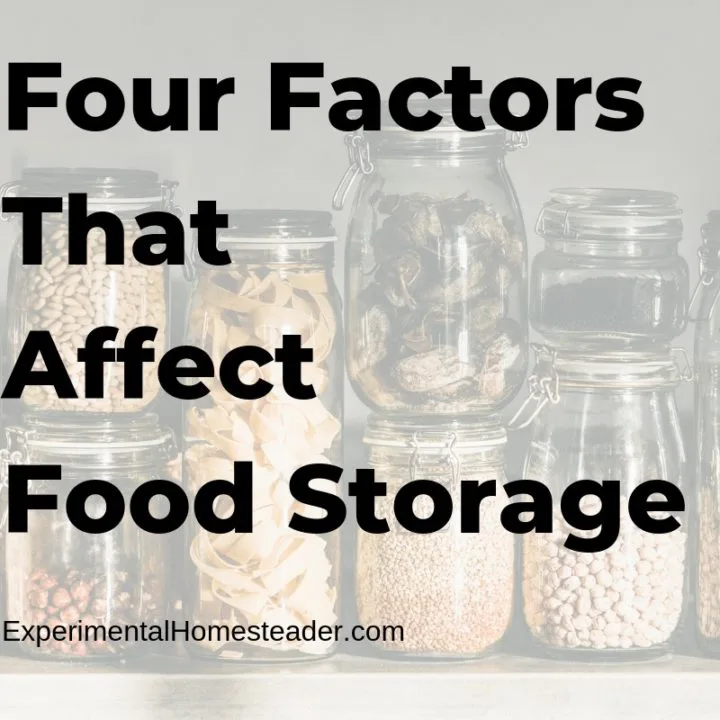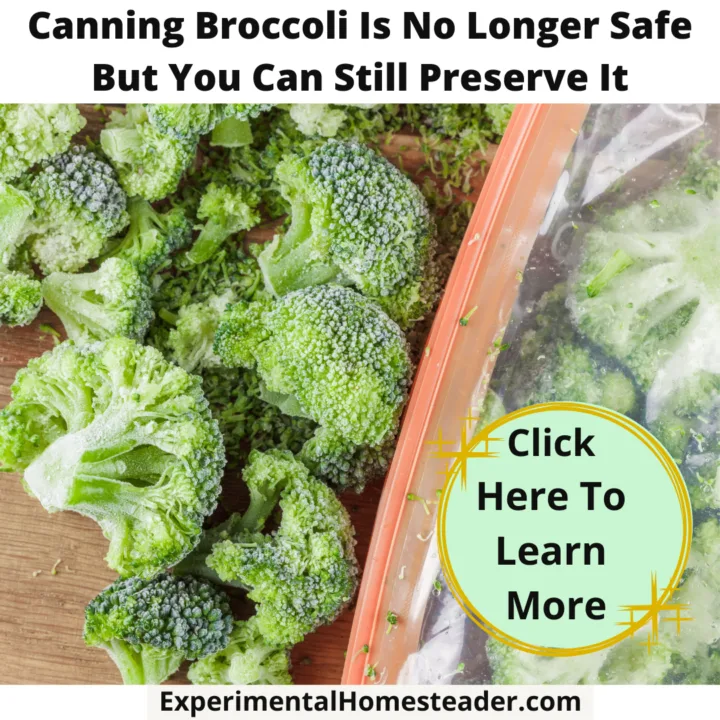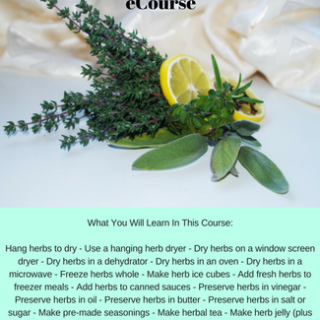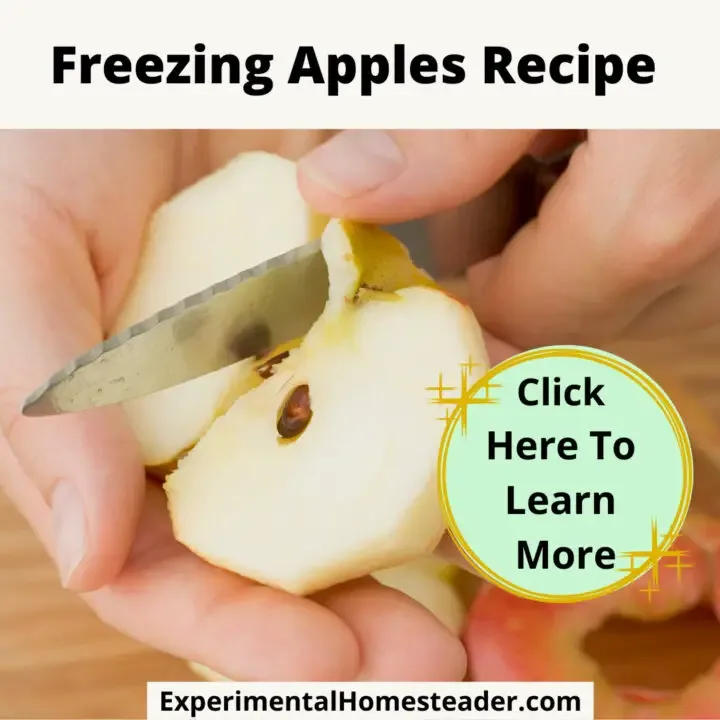An overabundance of fruits and vegetables from your garden is a good thing, but many people do not know what to do with all the extra fruits and vegetables a garden produces, let alone how to choose the best fruits and vegetables to store for future use.
Some people want to eat everything they can right away, some want to share the bounty with their friends, family or neighbors.
Others want to figure out how to store it for future use instead of just letting it rot in the garden or throwing it away.
How To Choose The Best Fruits And Vegetables To Store
Begin by choosing fruits or vegetables at the peak of their ripeness.
Choose ones that are firm and not mushy.
This rule applies to those fruits and vegetables you pick fresh as well at the ones you buy at the grocery store or your local farmers market.
Always set fruit or vegetables with bruises, cuts or other visible damage aside.
It is best to not use these for freezing, canning or dehydrating.
Using bruised or damaged fruits or vegetables increases the chance that the food could spoil and all that hard work would go to waste.
6 Common Fruits That Store Well
Here are some common fruits that people often find themselves with an abundance of as well as the best methods for preservation.
- Cherries are great for canning, freezing and dehydrating. For the best results, pit the cherries first to make them easier to use. They should be uniform in color and firm. I prefer pitting my cherries by hand even though you can buy a cherry pitter. The reason for this is sometimes cherries - especially those grown at home - contain tiny worms you might not see if you use a pitter. Both tart and sweet cherries work well for canning, freezing and dehydrating.
- Blackberries work well for freezing or canning. They do not dehydrate well at all. Lie in a single layer on cookie sheets and then freeze them. Once frozen you can move them to a freezer bag.
- Blueberries work well for canning, freezing or dehydrating. Choose fruit that is plump and not shriveled with a deep blue color.
- Grapes are best stored after being frozen. The fruit should be firm and plump with green stems. You can add grapes to fruit cocktail and can it.
- Peaches and nectarines are great for canning or turning into jellies or jams. You can freeze both fruits relatively well if sliced thin enough.
- Strawberries should have a smooth, shiny and even color. They should not be bruised, slimy or have excessive yellow coloring. Lay them out on a cookie sheet in a thin layer to freeze them. You can also make strawberry preserves. I have canned strawberries and while they do not keep their pretty red color they taste great. Just expect canned strawberries to look reddish brown and be a little softer than fresh ones.
When you freeze fruit, it will retain its quality for 8 to 12 months.
After that the quality begins to degrade.
Fruit packed in sugar or sugar syrups will keep longer than unsweetened fruit that is frozen.
How To Choose Vegetables That Store Well
Not all vegetables are good for long-term storage due to the amount of water in them.
Water expands when frozen and breaks down the cell walls.
When the produce is thawed, you will notice the texture being much softer than it was when the vegetables were fresh.
For this reason, it is best to cook the vegetables before freezing them.
Frozen vegetables remain good for 12 to 18 months.
It is best to use the frozen vegetables before the next season's crop comes in and is ready to freeze.
Don't forget that when freezing vegetables, you will want to blanch them first, drain them and then put them in the freezer.
Here are some vegetables that freeze well.
- Tomatoes store well chopped up and frozen if they are to be used in recipes. Otherwise canning or dehydrating work well.
- Kale - but only for four to six weeks. After that it turns bitter.
- Corn freezes really well, even right on the cob. Of course canning and dehydrating as well as freeze drying are other great options.
- Zucchini - but be sure to blanche it before freezing it.
- Avocados - puree first.
- Spinach - after it is steamed. It is also possible to can spinach, but be forewarned, it takes an awful lot to fill a canning jar.
Many people choose to pressure can, freeze dry or dehydrate vegetables instead of freezing them.
Leftover fruits and vegetables, especially those that have been frozen, that need to be used up before the next season's crop starts coming in are ideal for making soups, stews or fruit mixes such as fruit cocktail.
You can prepare these recipes, then can them to extend their storage life - just be sure the fruits and vegetables are still good and do not have freezer burn.
How To Freeze Food
36 Of The Best Freezer Friendly Fruits And Vegetables
Save money on your grocery bill by knowing the best freezer friendly fruits and vegetables so you can stock up when they are on sale!
How to Freeze Raw Eggplant: Stocking Up for Winter on the Homestead
Preserve the fresh flavor and nutritional value of raw eggplant by learning how to freeze it. A game-changer for homesteaders and gardeners.
You Don’t Have to Do It All: How to Freeze One Eggplant for Beginners
Learn how to freeze one eggplant for beginners with this simple guide to start your food preservation journey today.
Can You Freeze Corn on the Cob? The Comprehensive Guide
Can you freeze corn on the cob? Discover the secrets to preserving that fresh, sweet summer flavor all year.
Preserving Citrus Fruits
Preserving citrus fruits is something you want to know how to do if you grow your own, buy in bulk or have citrus fruits given to you.
Save Time By Using Freeze-Ahead Sauces And Meals For Tonight
Save time by pre-preparing freeze-ahead sauces and meals for tonight or any night when you need something delicious and nutritious but simply don't have time to cook.
How To Make Delicious Batch Cooking Freezer Recipes
Learn how to make delicious batch cooking freezer recipes. Buying in bulk saves money. Preparing the meals ahead of time saves time.
Freezing Goats Meat
Freezing goats meat is as easy as freezing any other type of meat. If you raise goats or have a goat meat store close by this is an easy way to stock up.
How To Start Freezing Goat Milk
Freezing goat milk is the best way to preserve it for use when your goats are not in milk. Drink it fresh or use it in many goat milk recipes.
What Is The Best Method For Preserving Eggs? Find Out Now
Are you wondering how to store eggs? Learn the various techniques you can easily use at home for preserving eggs fresh from your poultry.
How To Dry And Store Homemade Noodles
Learn how to dry homemade pasta plus the best method for storing homemade noodles so they stay fresh for up to six months!
Freezer Recipe: Poached Pears In Wine Sauce
Made with Asian pears and two different types of honey wine, this poached pears in wine sauce freezer recipe is an easy way to preserve fall's bounty.
Four Factors That Affect Food Storage
Understanding the four factors that affect food storage is essential for keeping your food safe, especially if you intend to store it long term.
Canning Broccoli Is No Longer Safe But You Can Still Preserve It
Although canning broccoli was once considered safe, times have changed thus freezing, dehydrating or freee drying broccoli is recommended.
Can You Freeze Fudge? Exploring the Sweet Secret of Fudge Preservation
The holidays are a busy time. Can you freeze fudge to make homemade creations easier? Learn the art of preserving fudge here!
Souper Cubes: Making Freezer Meal Prep Easier Than Ever
Save time and freeze with ease - Souper Cubes is revolutionizing freezer meal prep. Learn about the amazing features of Souper Cubes now!
Preserving Herbs For Winter Use eCourse
Do you love fresh herbs but wonder if there is an easy way to preserve them for the winter?
Do you seek other ways to use herbs other than just as a seasoning on food?
There are so many ways to preserve herbs for winter use – from various methods of drying them to freezing them, but it doesn’t end there.
Some of the best ways to preserve herbs in right in the foods you would normally incorporate herbs into – pre-made seasonings, teas, butter or oil.
Then this is the course for you!
What You Will Learn In This Course:
Hang herbs to dry
Use a hanging herb dryer
Dry herbs on a window screen dryer
Dry herbs in a dehydrator
Dry herbs in an oven
Dry herbs in a microwave
Freeze herbs whole
Make herb ice cubes
Add fresh herbs to freezer meals
Add herbs to canned sauces
Preserve herbs in vinegar
Preserve herbs in oil
Preserve herbs in butter
Preserve herbs in salt or sugar
Make pre-made seasonings
Make herbal tea
Make herb jelly (plus tips on how to use these)
Freezing Apples Recipe
This freezing apples recipe is super simple. It is a great way to preserve the bounty of fall apples for winter use.


